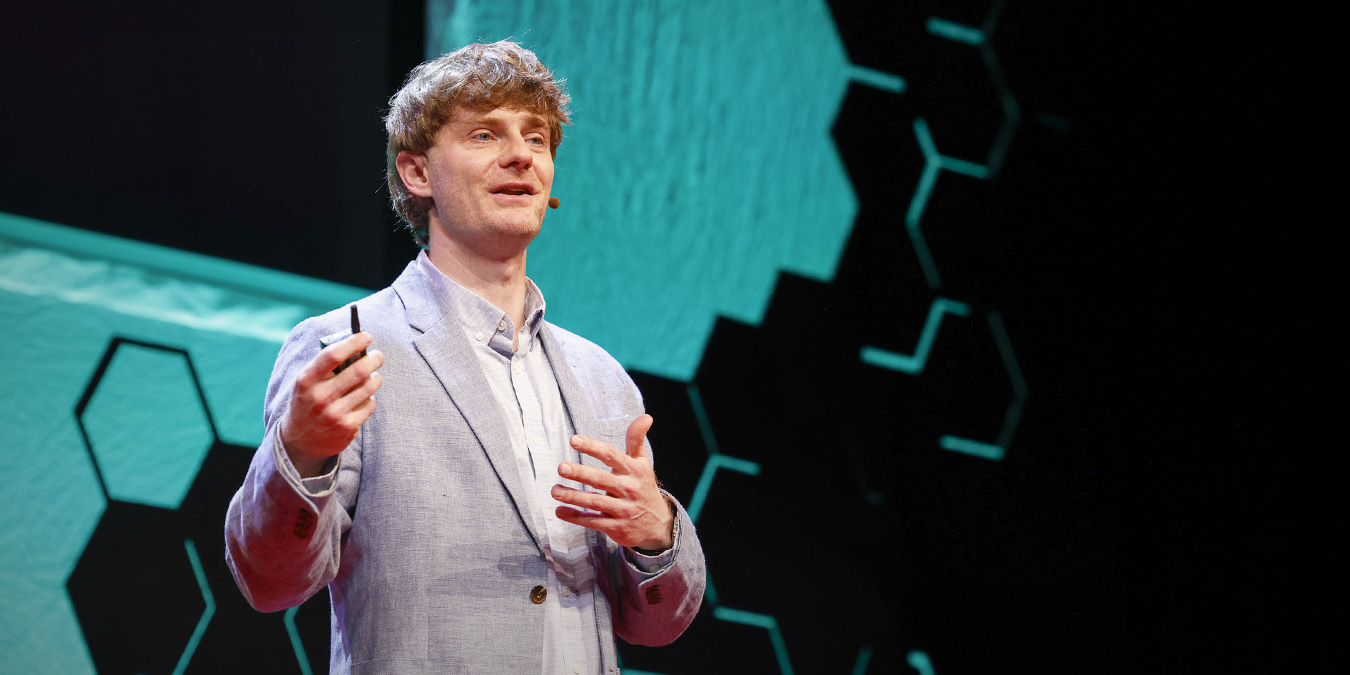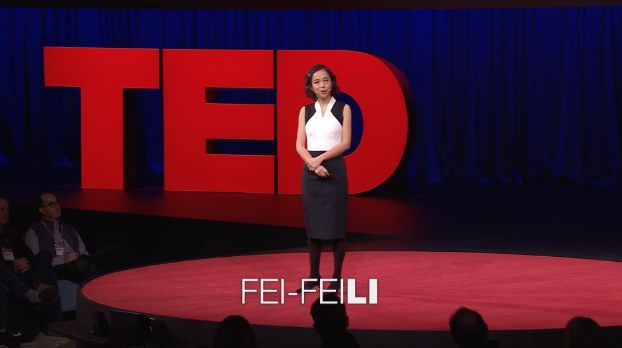This week, we share Richard Socher’s Ted Talk, delivered at the Ted AI conference in San Francisco. As the Co-Founder and CEO of You.com, a Radical portfolio company that was the first to incorporate chat into search, Socher shares his expertise in natural language processing and his outlook on the development of general-purpose AI systems.
In his talk, Socher explores the dual aspects of AI: as a tool that can readily solve specific tasks with sufficient data, and a growing pursuit towards artificial general intelligence (AGI), which can generalize across tasks. The convergence of these aspects is particularly apparent in search technology, exemplified by You.com’s chat-first search engine that allows user control over sources, AI interactions, and privacy while integrating live internet data to keep models current and accurate.
AI News This Week
-
Canada signs letter of intent with AI giant Nvidia during CEO’s Toronto trip (Global News)
Canada’s Minister of Innovation, Science, and Industry, François-Philippe Champagne, has announced a partnership with Nvidia aimed at boosting Canada’s computing infrastructure. This collaboration, formalized in a letter of intent during Nvidia CEO Jensen Huang’s visit to Toronto, comes as questions are being raised around Canada’s technological sovereignty in computing power. Huang praised Canada’s pivotal role in AI, referencing AI pioneers Geoffrey Hinton and Yoshua Bengio, and underscored the country’s unique stance in the global AI race. The partnership focuses on enhancing Canada’s AI capabilities through Nvidia’s expertise, addressing challenges in computing power and chip production, and aiming for advancements in research, talent development, and technological innovation.
-
Blackstone Is Building a $25 Billion AI Data Center Empire (Bloomgberg)
Blackstone Inc.’s significant investment in data center expansion, driven by rising AI and digital service needs, underscores a strategic push to boost America’s digital infrastructure for the longterm. Following its $10 billion acquisition of QTS in 2021, Blackstone aims to position QTS as North America’s top leased data center provider, highlighting the urgent need for more computing power to fuel the growing AI economy. This move reflects Blackstone’s focus on sectors with high demand yet low supply, amid increasing attention on energy use, environmental protection, and sustainable growth.
-
Everybody is talking about AI what the heck is it, anyway? (New York Times)
The discussion on AI has been clouded by both hype and fear, overshadowing its complex reality and transformative potential. With ChatGPT’s arrival, AI gained attention but also faced misinformation and sensationalism. In light of this complexity, novelist and essayist Stephen Marche recommends five books that “have the necessary humility to deal with the glamorous uncertainties.” Marche notes that all five works uncover a similar insight: AI’s problems are “people problems” and the “true gift of AI may be what it reveals about human limitations and failings, not those of machines.”
-
Geoffrey Hinton: Will digital intelligence replace biological intelligence? (video: Schwartz Reisman Institute)
Geoffrey Hinton, the Turing Award winner known as the “godfather of deep learning,” explores the juxtaposition of analog and digital computing revealing a stark contrast in the approach to knowledge and hardware interaction. Analog computation, mimicking biological processes, capitalizes on the unique properties of specific hardware but faces limitations in knowledge transfer and scalability, binding knowledge to the lifespan of the hardware. In contrast, digital computing, exemplified by advanced AI systems, efficiently shares and enhances knowledge across multiple platforms, showcasing superior learning capabilities.
-
Research: A pancreatic cancer risk prediction model (Prism) developed and validated on large-scale US clinical data (The Lancet)
MIT researchers and oncologists from Beth Israel Medical Center have made a breakthrough by developing an AI model that uses existing medical records to predict the risk of pancreatic cancer, surpassing the accuracy of genetic tests. This innovation is part of a series of advancements in cancer detection, including technologies that match or exceed human experts in spotting breast tumors and identifying tumors in lymph node biopsies. Given that pancreatic cancer has a notoriously low 5-year survival rate of 11%, largely due to late diagnoses, this early detection model could be a game-changer in improving patient outcomes. Notably, the model operates without the need for new medical tests, making it a cost-effective solution. While promising, the model’s effectiveness, currently validated on patients already diagnosed with cancer, needs further testing on undiagnosed individuals to fully assess its potential.
Radical Reads is edited by Ebin Tomy (Analyst, Radical Ventures)





